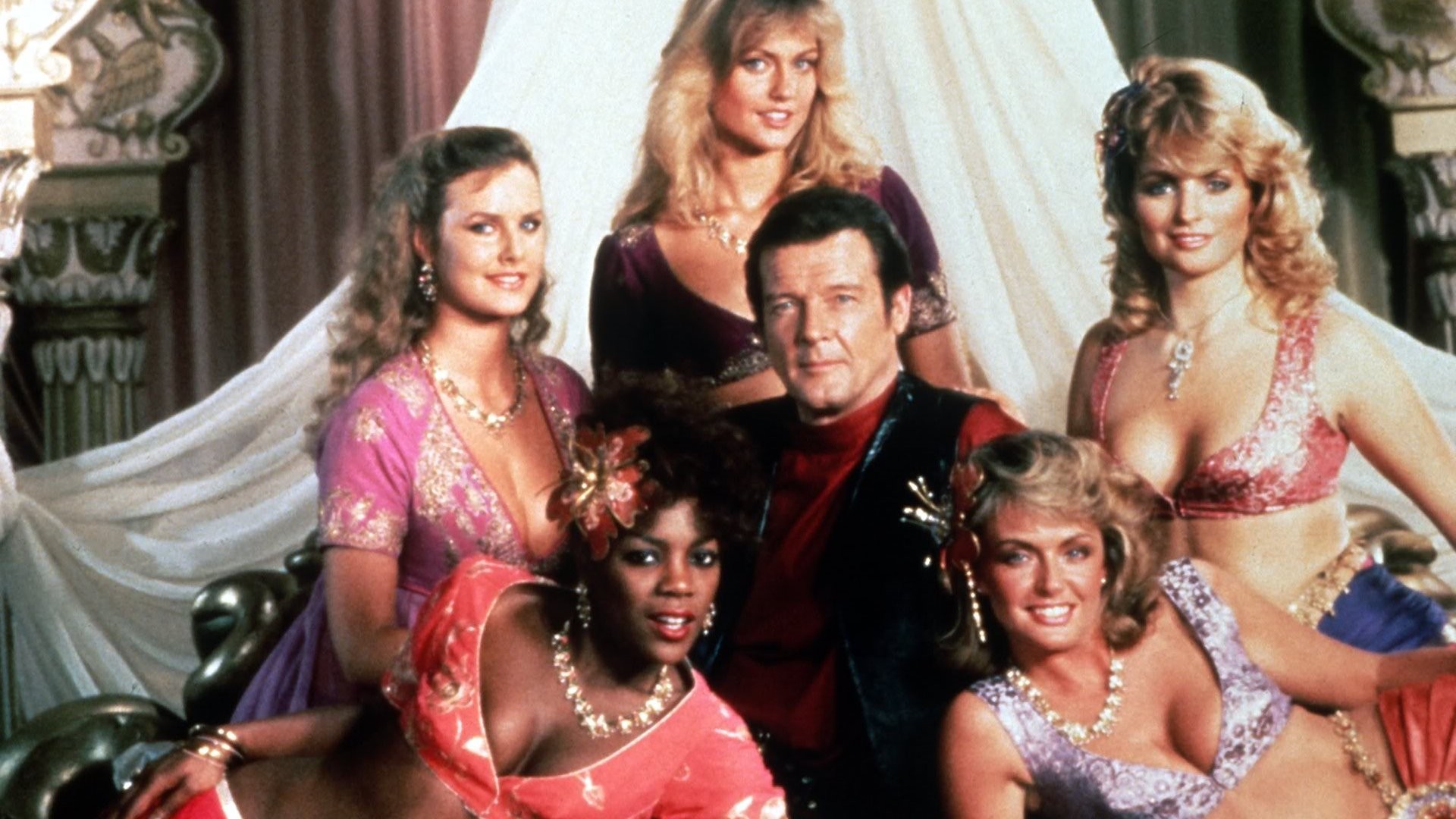A drastic change, indeed. Today Thrasher looks at On Her Majesty's Secret Service
, of the most unusual, and one of the most interesting, Bond films to date.
More than any other Bond film, certainly before and arguably since,
On Her Majesty's Secret Service is a strange one. It's weird. It's different. It's also immensely interesting, for Bond fans especially, because of these differences. Many consider this the most faithful Ian Fleming adaptation, but for me that's an insight of minimal critical value. No, what matters here is how George Lazenby develops such a strikingly different character from his filmic predecessor. Gone is the dry cruelty of Sean Connery, and in its place is a softer, more humored, more human Bond that directly confesses his shortcomings to the spectator, plays at being disinterested in young women, and silently sobs before the end credits. Oh yes, it's truly difficult to imagine Connery playing this role.
OHMSS is quite daring compared to the others, it's practically an art film with substantial financial backer. Much like
Casino Royale, this one takes what we know and inverts it, but not for the sake of criticism; it's like a knowing wink, flipping things around a bit to keep us interested, to keep the Bond formula fresh, and indeed we'll see that most of the generic gambles this film takes are immediately withdrawn by the next film.
And what do we make of that odd pre-credits sequence, where Bond trails an unidentified woman to a beach at dawn, saves her from drowning, is attacked by thugs, and, when the woman sneaks off without so much as a "Gee, thanks," turns to the camera and remarks, "This never happened to that other fellow." I believe it's an open admission of guilt, a concession to the spectator, essentially telling us upfront that, Hey, Connery may not be here, but don't blame us, and let's have some fun anyway. Not only that, but it also sets up the kind of Bond that Lazenby will be. In a way, these uncharacteristically modest words prep us for a Bond not as self-assured, not as rugged, and certainly not as boorish as the Connery iteration, even though the stylistics of the fight scenes in
OHMSS might tell us that 007 is more brutal than ever. In that sense, the kind of baroque camera work on display here seems quite at odds with the rest of the film, and would absolutely be a better fit in the previous five films. Nevertheless, the non-hand-to-hand action set pieces in the film are fantastic, well-choreographed affairs, especially the ski chase, and the bobsleigh beatdown between Bond and Blofeld.
OHMSS should also be commended for its most radical challenge to the series' grammar, something which had already become staid and subject to parody, and that's the infamous tragic ending. It's never really been done since, although I suspect it may return sometime during Daniel Craig's tenure as 007. Too bad Connery had to return so quickly to the series, only to take Bond's true tragedy and spin it into another one-liner.




















